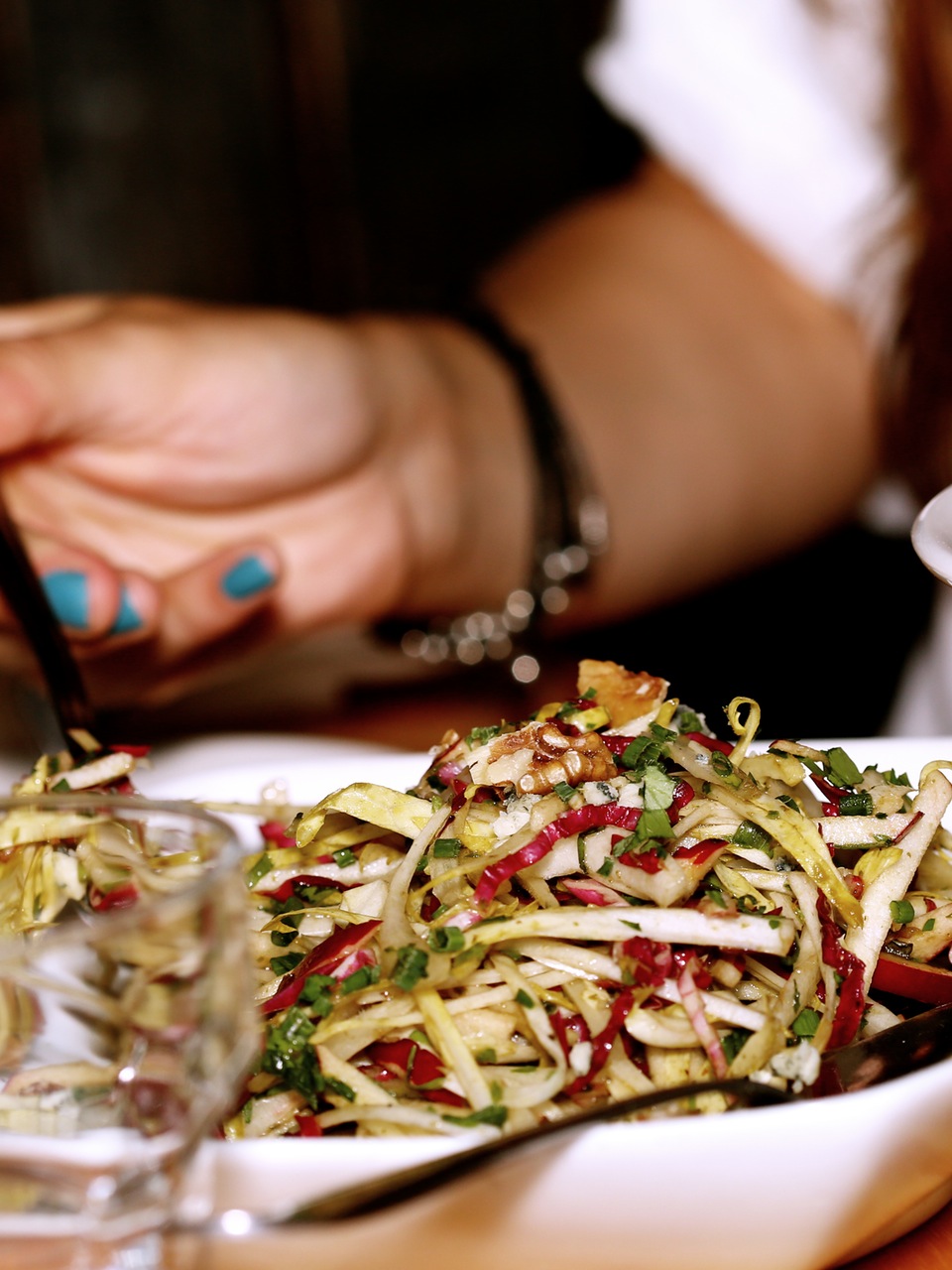
Should I pay my kids for Chores?

This is a hot topic among parents and one that has been long debated. One school of thought is that if I start paying my kids for chores they will want me to pay them to do anything around the house. The other thought is kids need money to buy things, why not get some stuff done around the house, you will buy them the things anyway.
What ever camp you are in, let me break down some of the thoughts I have on this subject, and hopefully some of the insight I have had through parenting and grand parenting will shed some light on the subject.
I have long believed that our kids job is to go to school, do their homework and keep their rooms clean. In parenting my children, they were clear on that score. No payment for that job was required, and although special rewards came from certain achievements, no allowance was paid for doing their job. Anything aside from that was open to negotiation.
Why? Well I believe that children do need a sense of accomplishment, and also money to buy things. They go out in the world and earn money doing their job, and that is how the world at large works. So why not teach our children that value of earning money, and the responsibilities that go with that.
Paying an allowance or agreed upon amounts for certain jobs brings with it the accountability for those said funds. Let’s say that your child wants a certain type of running shoe that is not necessary to their everyday life. My son collected Air Jordon’s and I was not going to buy them more than once a year. My son would just about any chore for his shoe fund. Another child of ours like to save money for a rainy day, which could mean pizza, candy, movies with friends.
Whatever system you create to compensate your child, it must be fair, realistic and most of consistent. Here are some tips that will help you create a balance between their “job” in life and pay for money chores.
Sit down as a family and be clear about what your expectations are of your child at home/school. I suggest you make yearly contracts that outline what the expectations are, with both you and your child signing that agreement. Secondly, openly talk about what you would be willing to pay for certain chores. Make sure you write up a weekly schedule that outlines the non negotiables first. After that you can add the agreed upon chores for cash. Whether it is a weekly amount or pay by chore, outline that system on a schedule. I call it the map to success. You are creating a guideline of expectations that will create accountability for both parties. Accountability creates clarity, the key to success in any relationship.
Communication is the foundation of a relationship, but the companion to that foundation is clarity. Knowing what is wanted and expected creates choice, thereby creating dialogue.
Get your child in the habit of keeping track of his/her money. I suggest you have them start a bank account and save a portion of all money they earn. If they save 40%, give 10% (charity or church) and spend 50%, it gives them a good idea of how life works. Balancing out their financial wellbeing by fostering an attitude of intention, planning and generosity gives them a head start in this long journey we go on as adults. Make sure fun is scheduled in their lives, we become so forgetful of simple laughter and joy as adults, your kids will rub off on you!





